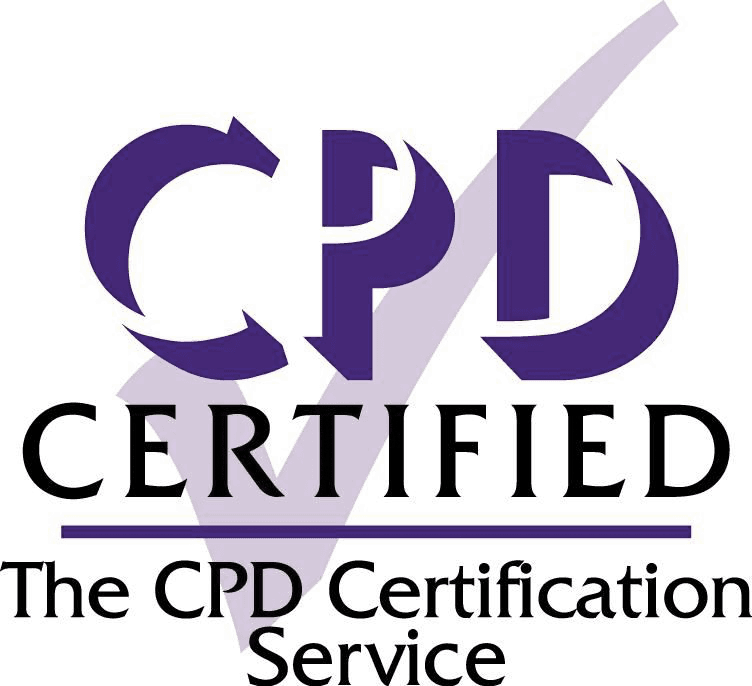

Learn how to design, analyse, and interpret cost-effectiveness models in healthcare

8 weeks, excluding
orientation

7–10 hours per week,
entirely online

Weekly modules,
flexible learning
1
An in-depth understanding of the foundations of cost-effectiveness analysis and knowledge of how models can influence and aid the decision-making process when allocating resources.
2
Technical skills related to sourcing and analysing data, as well as the ability to determine the quality of the data being analysed.
3
Exposure to real-world examples and future considerations of cost-effectiveness analysis.
4
Practical skills in Excel to develop and adapt decision-analytic models to your unique organisational context.

This Modelling Cost-Effectiveness in Healthcare online certificate course is certified by the United Kingdom CPD Certification Service, and may be applicable to individuals who are members of, or are associated with, UK-based professional bodies. The course has an estimated 70 hours of learning.
Note: should you wish to claim CPD activity, the onus is on you. The London School of Economics and Political Science (LSE) and GetSmarter accept no responsibility, and cannot be held responsible, for the claiming or validation of hours or points.
Over the duration of this online certificate course, you’ll work through the following modules:
MODULE 1
Foundations of cost-effectiveness analysis
Gain an understanding of the economic principles underlying cost-effectiveness analysis in healthcare.
MODULE 2
Introduction to modelling methods
Learn about models used to predict the costs and effects in economic evaluations of healthcare interventions.
MODULE 3
Identifying and reviewing data for cost-effectiveness analysis
Explore methods of sourcing data and appreciating the limitations of cost-effectiveness estimates.
MODULE 4
Discretely integrated condition event (DICE) simulation
Learn about an alternative approach to decision-analytic models.
MODULE 5
Interpreting model results and making decisions under uncertainty
Incorporate uncertainty into cost-effectiveness analysis to inform decisions.
MODULE 6
Building conceptual models of real-world processes
Explore considerations for using models to perform economic evaluations in the real world.
MODULE 7
Discrete event simulation for health technology assessment
Learn about discrete event simulation as an alternative approach for economic evaluations.
MODULE 8
Future perspectives on cost-effectiveness analysis
Learn to evaluate a cost-effectiveness analysis from the real world.
Professor Alistair McGuire
Chair in Health Economics, Professor of Health Economics , Department of Health Policy
Alistair is the chair of health economics at the Department of Health Policy at LSE. Prior to this, he was a professor of economics at City, University of London after being a tutor in economics at the University of Oxford. Alistair has also been a visiting professor at Harvard University, the University of Sydney, the University of York, and the Universitat Pompeu Fabra, Barcelona.
Alistair has acted as an advisor to a number of governments and governmental bodies within and outside the UK. He has also worked with international bodies including the World Bank, the World Health Organization (WHO), and the International Monetary Fund (IMF), as well as pharmaceutical and healthcare insurance companies.
Alistair has pursued an interest in the economics of healthcare for over 30 years, with his research covering a vast range of topics. He has extensive teaching experience and has written numerous books, articles, and reports, and has also been involved in numerous major clinical trials as the lead health economist.
Dr Alex Carter
Senior Lecturer in Practice, Department of Health Policy, LSE
In his research, Alex has developed methods for evaluating the clinical and economic impact of information systems in the NHS. This theme is part of the wider research he conducts on the economics of information and technology innovation. Alex is the course director (interim) for the executive MSc in Health Economics, Policy and Management, and has extensive experience teaching health systems, financing healthcare, and economic evaluation. For two years, Alex consulted for the World Health Organization and now advises governments and health ministries on various topics. He also advises biotechnology manufacturers and commercial funders on health technology appraisal.
Dr Ranjeeta Thomas
Assistant Professor of Health Economics, Department of Health Policy, LSE
Ranjeeta is the programme director of the MSc in International Health Policy. She is also an honorary lecturer in the Department of Infectious Disease Epidemiology, School of Public Health at Imperial College London. Prior to her work at LSE, Ranjeeta was a research fellow in the School of Public Health at Imperial College London and at the Health Economics Research Centre, University of Oxford. She has a PhD in economics from the University of York.
Professor Jaime Caro
Professor in Practice, LSE
Jaime is an adjunct professor of medicine and epidemiology biostatistics at McGill University, and the chief scientist at Evidera. His work focuses on the development of a unified approach to modelling that will enable rapid, standardised, and less error-prone development of forecasting models. After leading the ISPOR-SMDM Good Modeling Practices Task Force, Jaime also chaired the Quality Assurance for Modeling Studies Task Force.
This LSE online certificate course is delivered in collaboration with online education provider GetSmarter. Join a growing community of global professionals and benefit from the opportunity to:

Gain verifiable and relevant competencies and earn invaluable recognition from a world-leading social science university, entirely online and in your own time.

Enjoy a personalised, people-mediated online learning experience created to make you feel supported at every step.

Experience a flexible but structured approach to online education as you plan your learning around your life to meet weekly milestones.